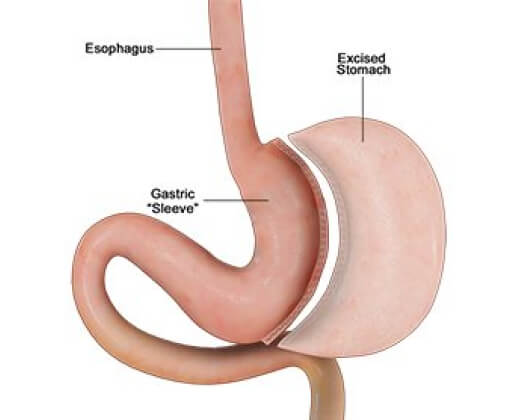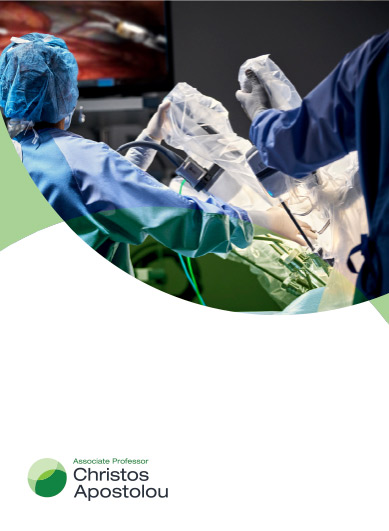Liver disease significantly impacts overall health by impairing the liver’s essential functions, such as detoxification, digestion, and nutrient storage. When the liver is damaged, it can lead to serious complications, including jaundice, fatigue, and hormonal imbalances. As liver function declines, individuals become more vulnerable to infections and may suffer nutritional deficiencies.
If left untreated, liver disease can result in severe consequences, including liver failure and an increased risk of liver cancer. Understanding the effects of liver disease is crucial for early detection and effective management, vital for maintaining overall well-being.




